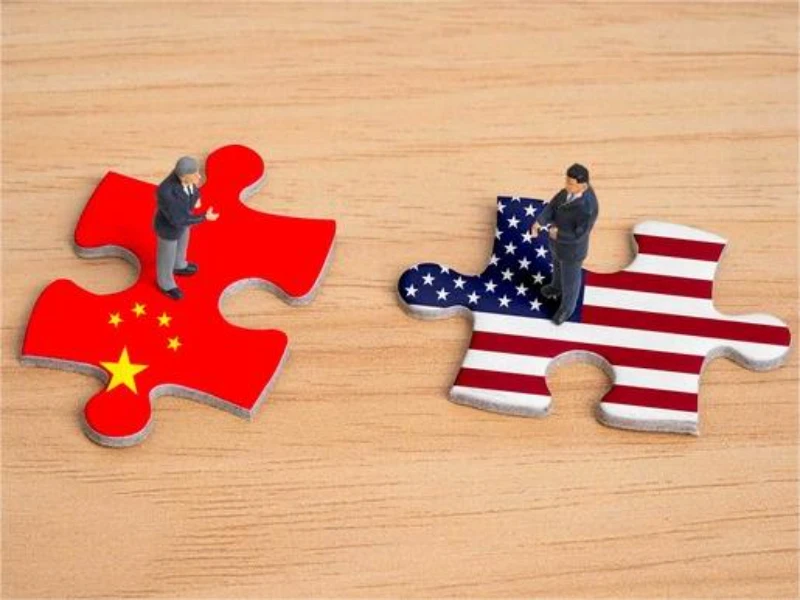- The Biden administration has announced new rules aimed at tightening export controls on semiconductor manufacturing equipment to China while providing exemptions for key allies.
- The regulations will focus on restricting shipments from several countries to specific Chinese chipmakers, with exemptions for Japan, the Netherlands, and South Korea.
OUR TAKE
Exempting key allies from stringent export controls shows a nuanced approach to international trade relations, while still aiming to curb China’s technological advancements. The effectiveness of these controls will depend on cooperation from other nations.
—Lilith Chen, BTW Reporter
What happened
The U.S. government is seeking to enhance export controls on semiconductors due to growing concerns over China’s advanced technology capabilities. New regulations, set to be unveiled next month, will prohibit exports from certain countries to Chinese chip manufacturing facilities while exempting key allies from maintaining diplomatic relations. The Commerce Department is expected to release the final version of these regulations next month, which may impose additional restrictions on around 120 Chinese entities, tightening controls on high-tech exports.
Sources indicate that the rules will primarily target Chinese fabs involved in cutting-edge semiconductor production, crucial for advancements in artificial intelligence and supercomputing. Countries like Israel, Taiwan, Singapore, and Malaysia will face restrictions, as they are significant players in the global semiconductor supply chain. However, firms in allied nations, such as ASML and Tokyo Electron, will operate without disruption, allowing them to retain their competitive edge while complying with U.S. regulations.
Also read: Nvidia develops new AI chip for China amid US export control
Also read: Intel expects revenue decline as US chip ban hits exports to China
Why it’s important
A senior U.S. official stated that the intention behind the new export controls is to maintain pressure on China’s semiconductor industry without alienating key allies. The U.S. hopes these measures will address national security concerns while promoting international collaboration among like-minded countries. By carefully crafting these regulations, the Biden administration aims to balance protecting American technological advancements with fostering diplomatic relationships.
In response, the Chinese government has urged countries to resist U.S. efforts to suppress its semiconductor industry, highlighting the negative impact on global innovation.
Chinese foreign ministry spokesperson Lin Jian emphasised that U.S. actions to “coerce other countries into suppressing China’s semiconductor industry” undermine global trade and harm all parties involved. Lin expressed hope that relevant countries would resist U.S. pressures and protect their long-term interests.
He added, “Containment and suppression cannot stop China’s development, but will only enhance China’s determination and ability to develop its scientific and technological self-reliance.”

